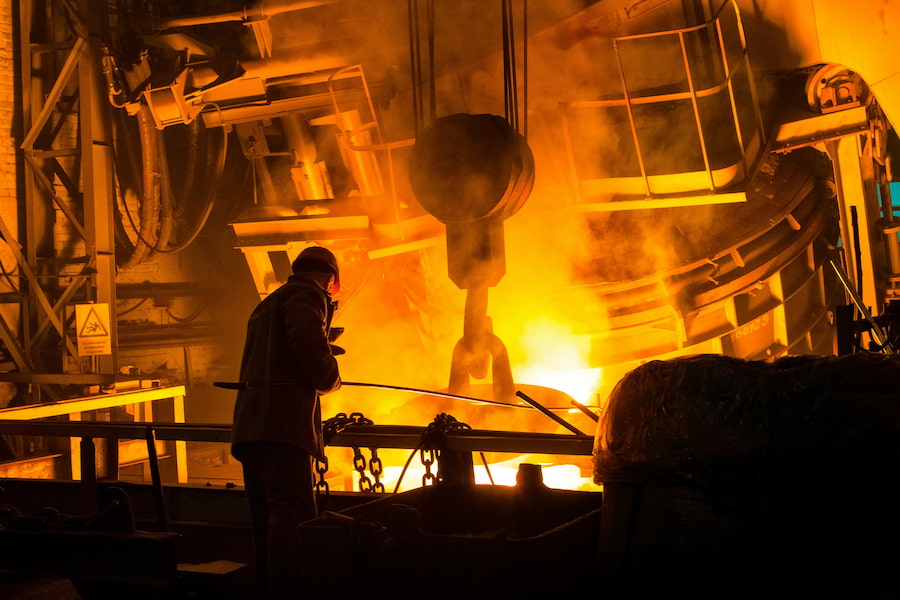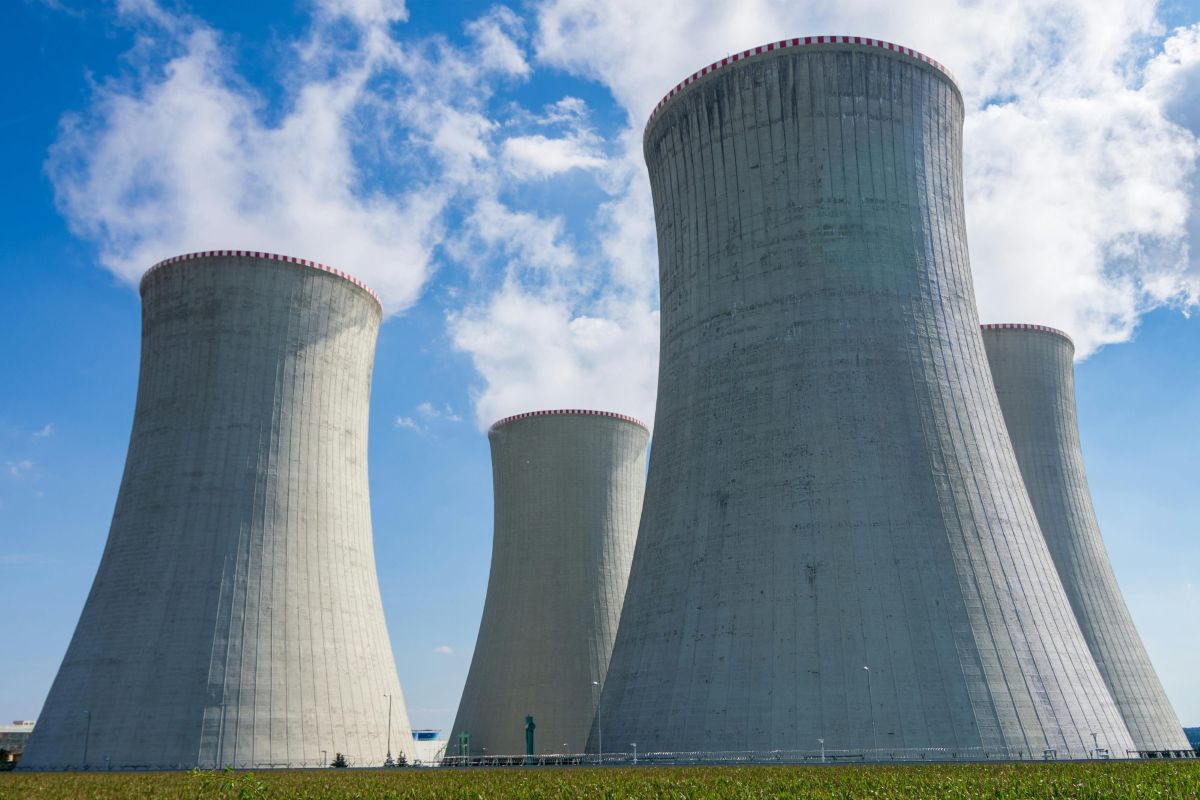It is necessary to plan for an early response, review existing supply chains, and convert to green production, for instance by using solar energy and wind energy (which Vietnam has a lot of untapped potential for). Businesses should also strictly control their emissions and develop emissions reports, prepare adequate data and share information with the government to develop Vietnam's national emissions data system and get ready for any greenhouse gas reporting requirements.
In addition, exporters need to cooperate with importers, suppliers and the government. No business is an island when it comes to transforming production. When companies work together to reduce emissions and strive for a carbon neutral future, they will gain more competitive advantages and new opportunities.
Companies should also actively share their views with the government to develop policies, such as in carbon pricing and renewable energy promotion, and participate in capacity building training programs.
Support needed from policies
As we dig deeper into the realm of government policies, there are two approaches to carbon tax. The first way is to protest and join other countries (especially developing countries) in pressuring the EU into negotiations to find solutions that are more beneficial to us. Many of the EU's major partners, such as China, Russia, South Africa, India, Brazil and some developing countries, have voiced concerns that environmental policies could become trade barriers that go against the World Trade Organization principles. However, this involves complex processes. It also depends on many factors and affects the prospects of trade relations.
The second approach, which is better for the long term, is to accept and find ways to minimise the negative impacts. While navigating foreign affairs, Vietnam should actively participate in dialogues with partners such as the EU to negotiate for possible exemptions and preferential treatment for developing countries, and leverage technical support from developed countries to adapt to the new rules. Vietnam also needs to strengthen cooperation with other exporting countries to strengthen its position in negotiations.





